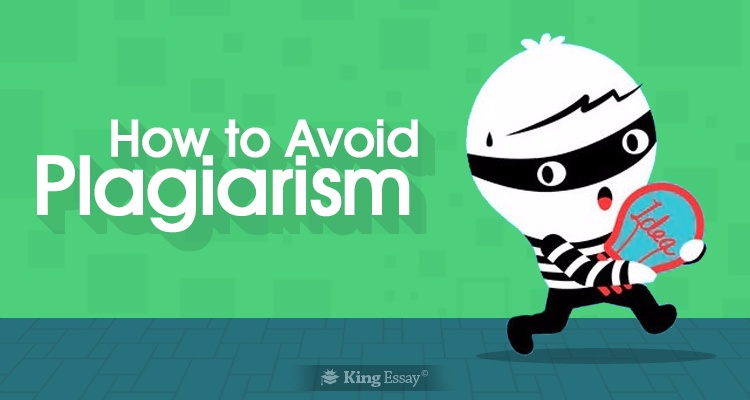How to Avoid Plagiarism Scrupulously From Start to Finish
Posted on: March 29, 2017
Before we begin the discussion on how to avoid plagiarism, let us define plagiarism and its consequences for the people involved. Plagiarism is defined as copying or using someone else’s words, ideas and or concepts without giving the original author due recognition. The basic motive behind these actions is to establish the coursework help to increase the merit of the final document. In the academic sphere of activity everyone knows that there is no such thing as “inadvertent plagiarism”.
It is very unlikely that a writer composes a document and it is exactly the same as something which has already been written or composed by someone else. It is the leniency of academic institutes if they do not take direct action against plagiarism offenders. Institutions also understand that the miscreants involved in plagiarism are being dishonest when giving their excuses as to how the plagiarised work got created. Institutes can also comprehend that it is difficult to budget as a student which is tough to complete their higher qualification.

Constructing Productive Habits to Abstain From Plagiarism
The following are certain actions which you can take on how to prevent plagiarism in your scholastic work:
- Start your geography coursework or whatsoever academic project you need to compose early. Don’t delay once you have all the prerequisites for the project.
- Keep track of all the research material from start to finish which you have used to compose your work.
- If you are using a word processor to compose your project, NEVER cut, copy and paste.
- Even when you are paraphrasing make sure you don’t use the same vocabulary, phrases or idioms as the original. Try to understand the concept and reword it in your own words.
- While conducting research on the assigned subject, you can look for examples which help to vividly illustrate the ideas and concepts associated with your work. When providing the examples you can provide the references of the original source within your work.
These are just some of the techniques which you can use to comprehensively relieve your final work from all the consequences of plagiarism.
Techniques Other Than Referencing to Prevent Plagiarism
The best key to success for college students regarding academic work and plagiarism is to create an outline of every project. This will ensure that all your work is organised as well as provide structure to your final document. It is always advisable to minimise the use of external sources. Yes, you do want to use external sources but at the same time it would help if the basic idea or concept of the literary work is completely unique and your own.
King Essays UK provides extensive support to students with specific guarantees for plagiarism and satisfaction. They pledge to provide extensive assistance with complete confidentiality. Different institutes have different punishments for plagiarism offenders. The lightest punishment may be an official warning with the cancellation of the plagiarised work. The severest punishment can be the expulsion of the candidate from the course with severe fines and penalties.